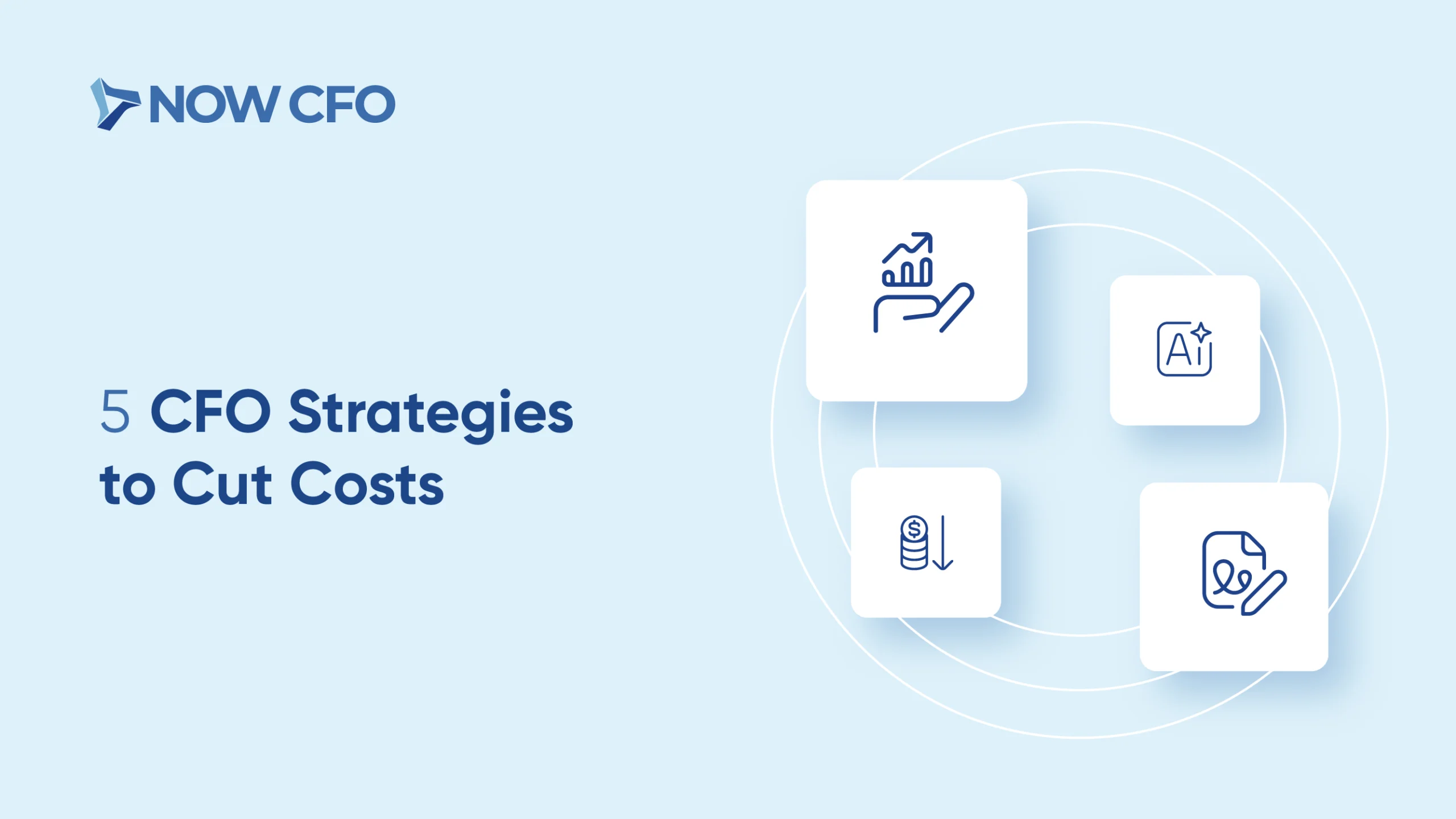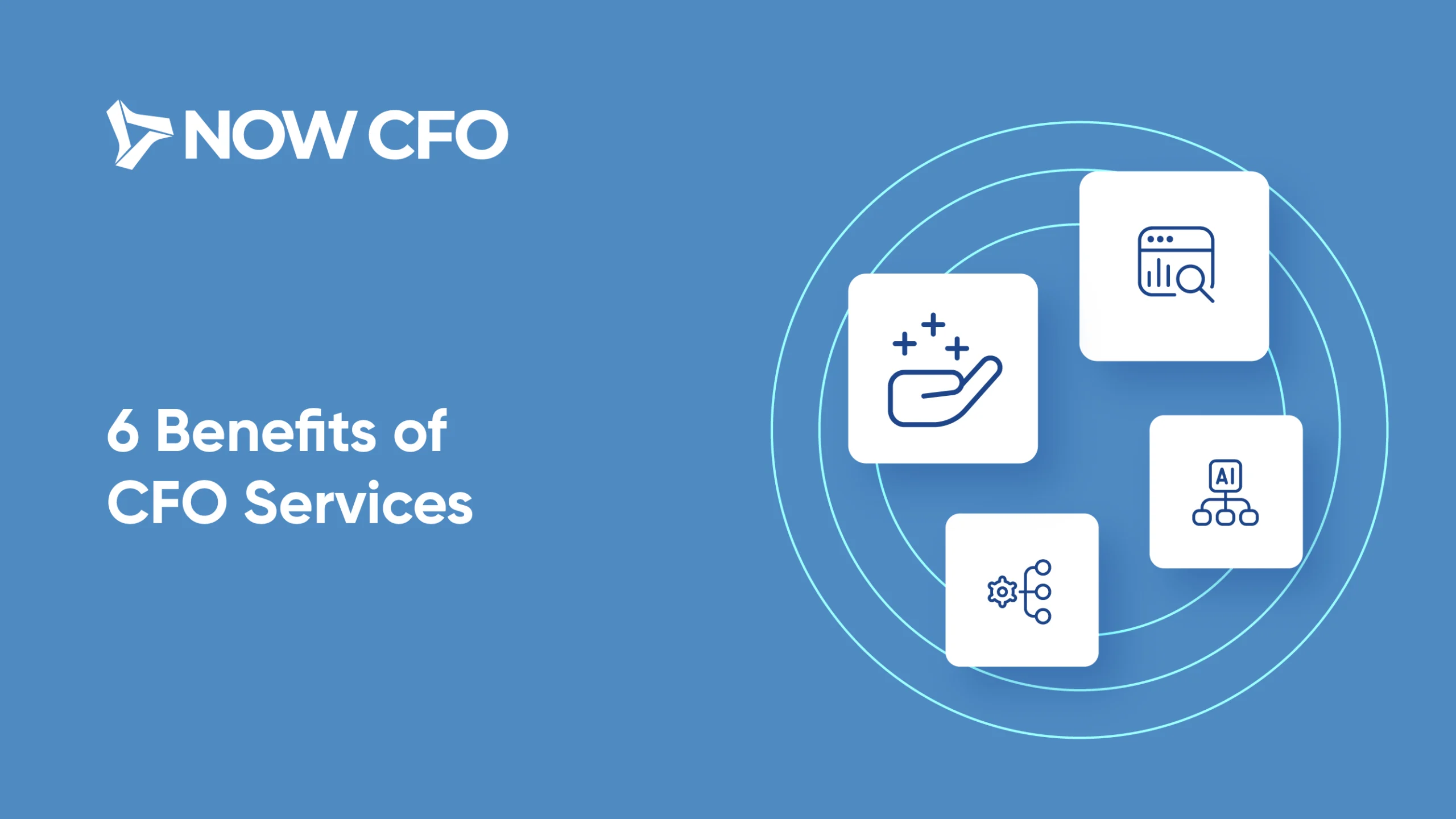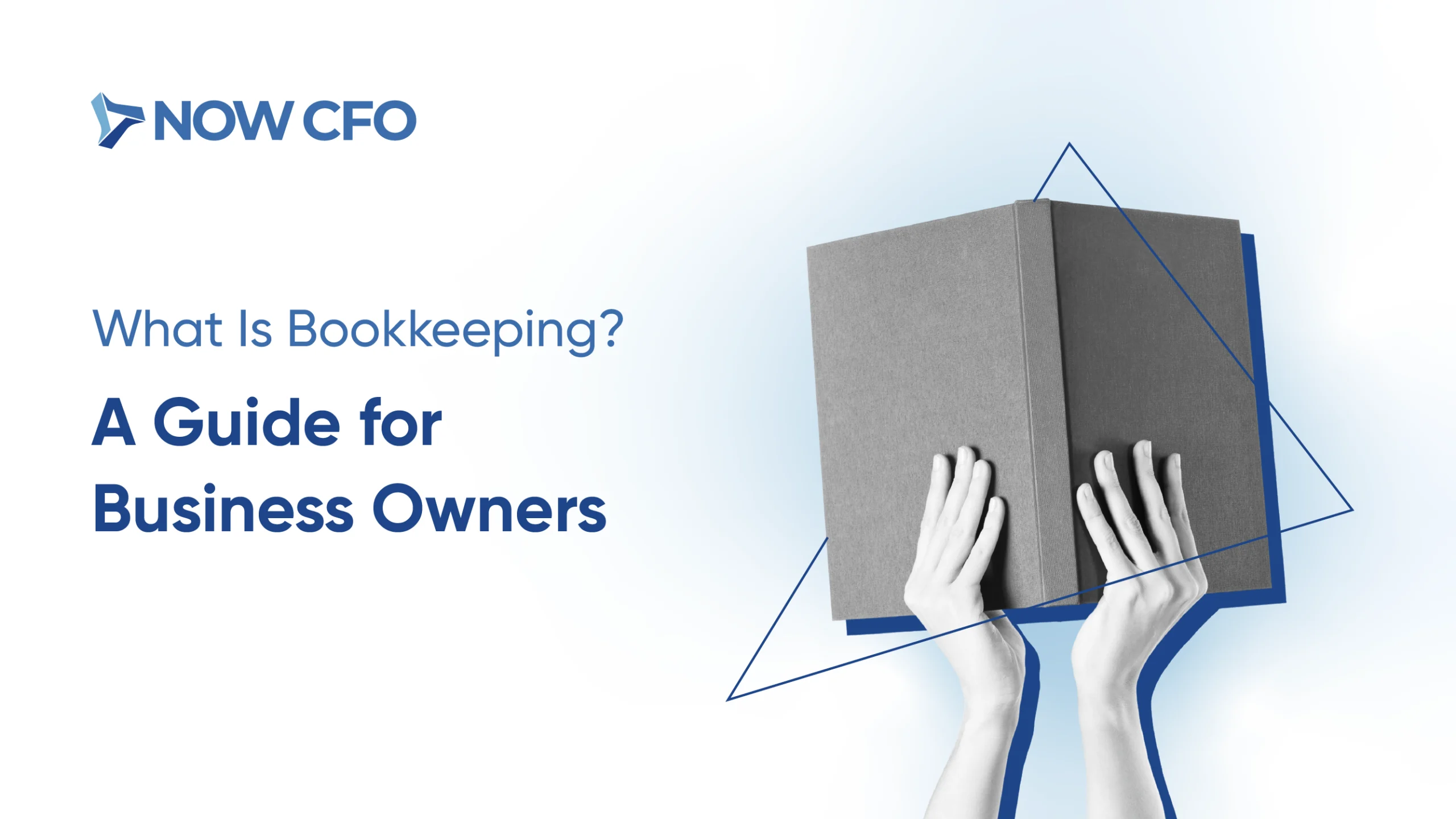
By Benjamin Morin
Is your company struggling with inventory management by spreadsheet? Are you finding that the timing of purchases is creating production inefficiencies or even impacting sales? Worse yet, are you double purchasing needed materials? All this can lead to the bank losing trust in your company’s financial statements as your gross margin varies widely from period to period, creating uncertainty.
If you can relate to this situation, then chances are you have outgrown your current systems and processes. Implementing a customer relationship management (CRM) platform is only one piece of the solution. It’s time to consider purchasing enterprise resource planning (ERP) software. ERP software is a system of integrated applications designed to manage your business processes while automating many of your back-office functions related to technology, services, and HR.
Selecting an ERP system for the first time can be stressful. There are a lot of variables to consider. Starting with:
- What will the actual cost be? In addition to software, what will be the cost of implementation, customization, training, system maintenance and future upgrades?
- What technologies does your company want to adopt? Electronic data interchange (EDI)? Customer access to orders or production progress? Supplier access to inventory?
- What type of architecture works best for your company? On-premise or cloud-based?
- What is a good process for selecting a system?
Calculating your True Costs
To calculate the true costs of an ERP system, you will need to identify implementation fees and expenses related to any requested customizations. Training your team on the new system can also add unexpected costs.
The ability to customize an ERP application can be a strong selling point when evaluating different options. SAP’s application software has 238 million lines of code, which translates into many, many ways to customize your implementation with them. With that said, creating a fully customized implementation will likely increase your future costs, as it will be more difficult to match your customized processes with each upgrade cycle. Sometimes going with a simpler solution with fewer options can save you money in the long-run.
If you can set the expectation within your company that some existing processes will be re-engineered to match “out of the box” processes with the selected software, you can save substantial maintenance costs down the line. If your needs are truly unique and require extensive customizations, that’s ok too, just make sure you account for the long term costs to maintain andupgrade the system.
ERP providers usually include time to train staff in their offer. Often, the time allocated is not enough. Implementing, training and maintaining an ERP system, in my experience, has never reduced payroll and almost always increased it. Keep in mind the 238 million lines of code. There are multiple ways to enter transactions wrong (and new wrong ways will continually be discovered) and only a few ways to enter it right.
Standard operating procedures will reduce incorrect entry, but correcting transactions, training new or well-meaning forgetful employees to proper procedures and creating informative reports requires time and expertise. Negotiating additional or ongoing training needs in advance can save you a lot of money on your initial implementation.
Technologies to Adopt
Electronic data interchange (EDI) is the transfer of data from one computer system to another. Adopting EDI for suppliers and customers can reduce the cost of transactions.
By providing access to appropriate inventory information to critical suppliers through an EDI, you effectively move some of your inventory tracking tasks to your supplier. Creating customer access to order or production information will free up your resources while enabling accountability throughout the planning and production process.
Architecture
Architecture refers to the way users interface with the software and the ways the software is physically managed on computer hardware. There are three general types of architecture, on-premise, cloud-based and hybrids of these two systems. On-premise is when the server managing user requests and hosting the software is on-site. Cloud-based architecture is when you get a web interface to manage user requests while the software is hosting “in the cloud.”
Nearly all ERPs offer a cloud-based solution these days, but that doesn’t mean it’s right for you. There are pros and cons of each architecture type – so spend some time researching what makes sense for your business.
What is a good process for selecting an ERP system?
Typically, your selection process will include the following six steps:
- Planning
- Establish acquisition strategies
- Set acquisition time frame
- Information
- Identify internal needs, resources, and requirements
- Establish selection and evaluation criteria
- Establish organizational and system requirements
- Screen potential ERP vendors using functional and technical criteria
- Request for proposal (RFP) sent to qualifying vendors
- Selection
- Review received RFPs
- Evaluation of options
- Based on criteria established in prior steps
- Choosing a provider
- Negotiations
I could spend another 12 pages discussing each step above, but we’ll save that for a future article.
Improved business performance, better customer relationships, accurate inventory, reliable production planning, efficient supply chain management, and more timely business intelligence are all achievable with a successful ERP implementation.
Unsuccessful ERP implementations can be costly and are more common that you probably realize. ERP implementations failure rates are as high as 72%.
The difference between success and failure is often management’s commitment to the project, a comprehensive plan that is followed while managing not only your implementation costs but also understanding your total costs of ownership (TCO) before you begin.
Benjamin Morin has over 30 years of experiences in different finance, strategy, and operational capacities – with experience as a Controller, CFO, and Business Executive. Passionate about ERP implementation, Ben has worked in manufacturing, the food industry, and consumer goods mentoring and guiding ERP systems and processes (Epicor, Abas, Dynamics AX, Dynamics 365, SAP).
Ben is a certified public accountant with private and public industry experience. His master’s degree is from Thunderbird Global School of International Management. His industry specialties are manufacturing, including custom, commodity, discrete, continuous, and batch processing.











